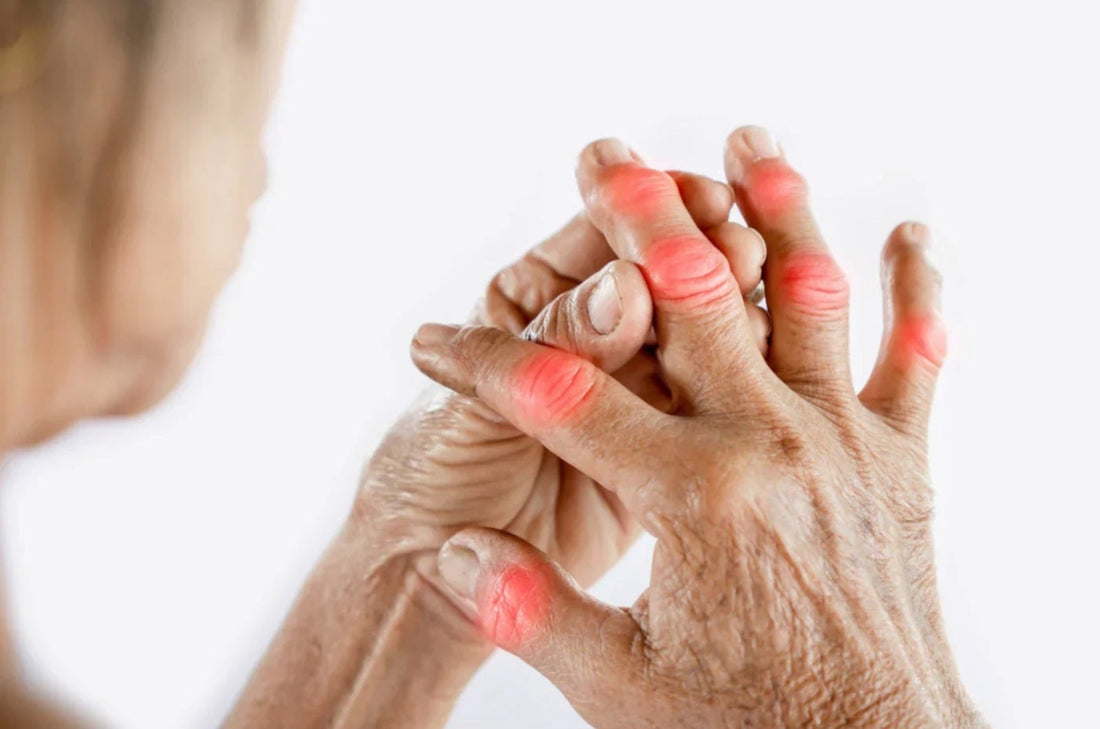
How to Relieve Chronic Pain Naturally
Share
Chronic pain affects millions of people worldwide, impacting daily life, productivity, and overall well-being. While conventional treatments like medications and surgeries are available, many individuals seek natural alternatives to manage their pain effectively without unwanted side effects. In this blog, we explore natural ways to relieve chronic pain and improve quality of life.
1. Exercise and Physical ActivityRegular physical activity helps reduce pain by improving blood circulation, strengthening muscles, and releasing endorphins—the body’s natural painkillers. Low-impact exercises such as walking, swimming, and yoga can help alleviate chronic pain without putting excessive strain on the body.
2. Mind-Body PracticesMindfulness, meditation, and deep breathing exercises can help manage pain by reducing stress and improving mental resilience. Practices like Tai Chi and Qigong have been shown to enhance flexibility and promote relaxation, contributing to pain relief.
3. Herbal and Natural RemediesSeveral herbs and natural substances have been used for centuries to relieve pain.
Some of the most effective include:
Turmeric: Contains curcumin, which has anti-inflammatory properties.
Ginger: Helps reduce muscle pain and inflammation.
CBD Oil: Known for its potential in alleviating pain without psychoactive effects.
4. Heat and Cold TherapyApplying heat or cold packs can help relieve pain by reducing inflammation and soothing sore muscles. Heat therapy is beneficial for muscle stiffness, while cold therapy is effective for reducing swelling and numbing sharp pain.
5. Acupuncture and Massage TherapyAcupuncture involves inserting thin needles into specific points of the body to balance energy flow and alleviate pain. Massage therapy helps release tension in muscles, improve circulation, and promote relaxation, making it an effective natural pain relief method.
6. Diet and NutritionEating an anti-inflammatory diet can help manage chronic pain. Incorporating omega-3 fatty acids, leafy greens, berries, and nuts can reduce inflammation and support overall health. Reducing processed foods, sugar, and excessive caffeine can also contribute to pain management.
7. Adequate Sleep and Stress ManagementPoor sleep and high stress can exacerbate chronic pain. Establishing a consistent sleep routine, practicing relaxation techniques, and managing stress through mindfulness or hobbies can significantly improve pain levels.
Conclusion:
Relieving chronic pain naturally requires a holistic approach that combines lifestyle changes, alternative therapies, and a positive mindset. While these natural remedies can be highly effective, it’s essential to consult a healthcare professional to ensure they align with your specific needs. By incorporating these methods into your daily routine, you can take proactive steps toward managing pain and enhancing overall well-being.

